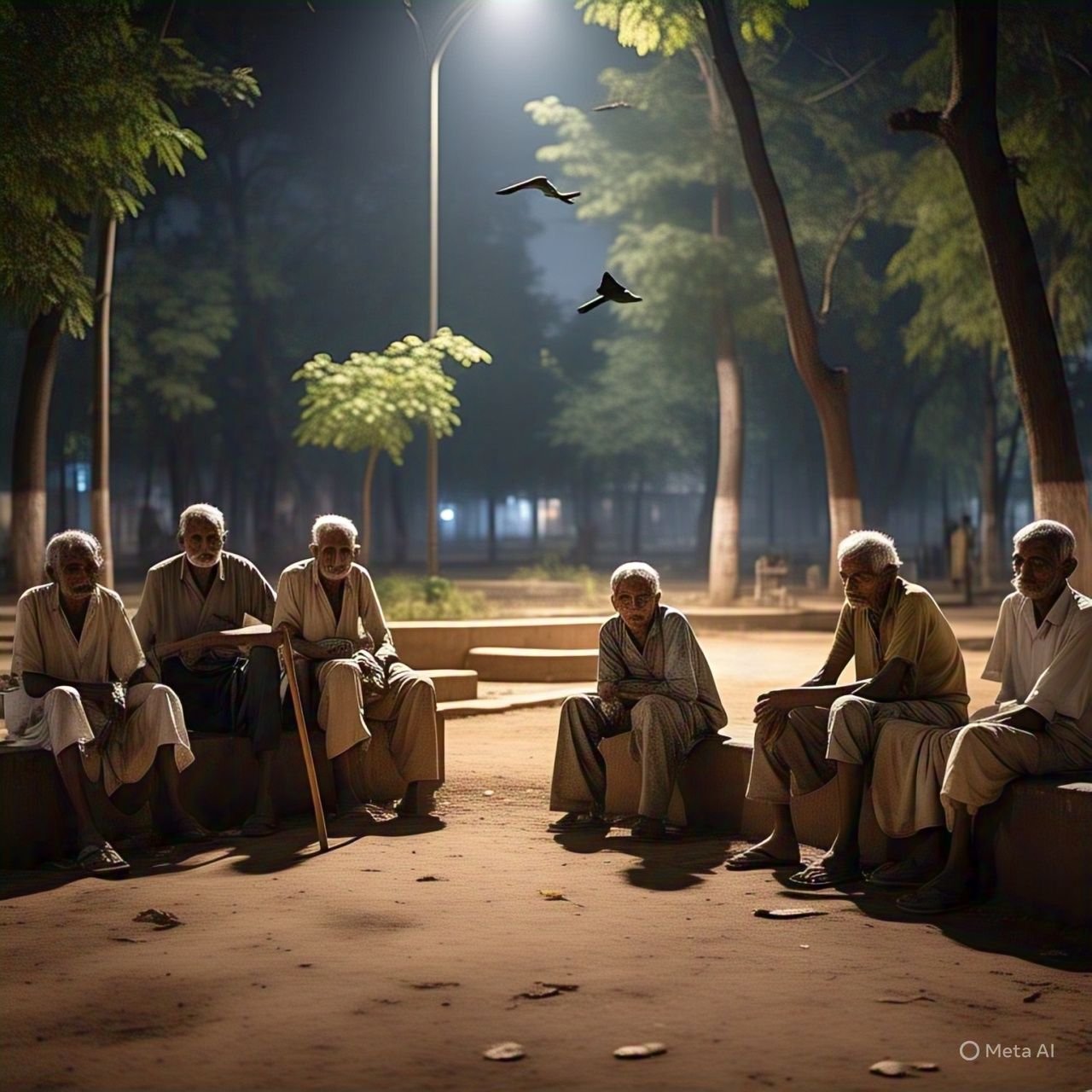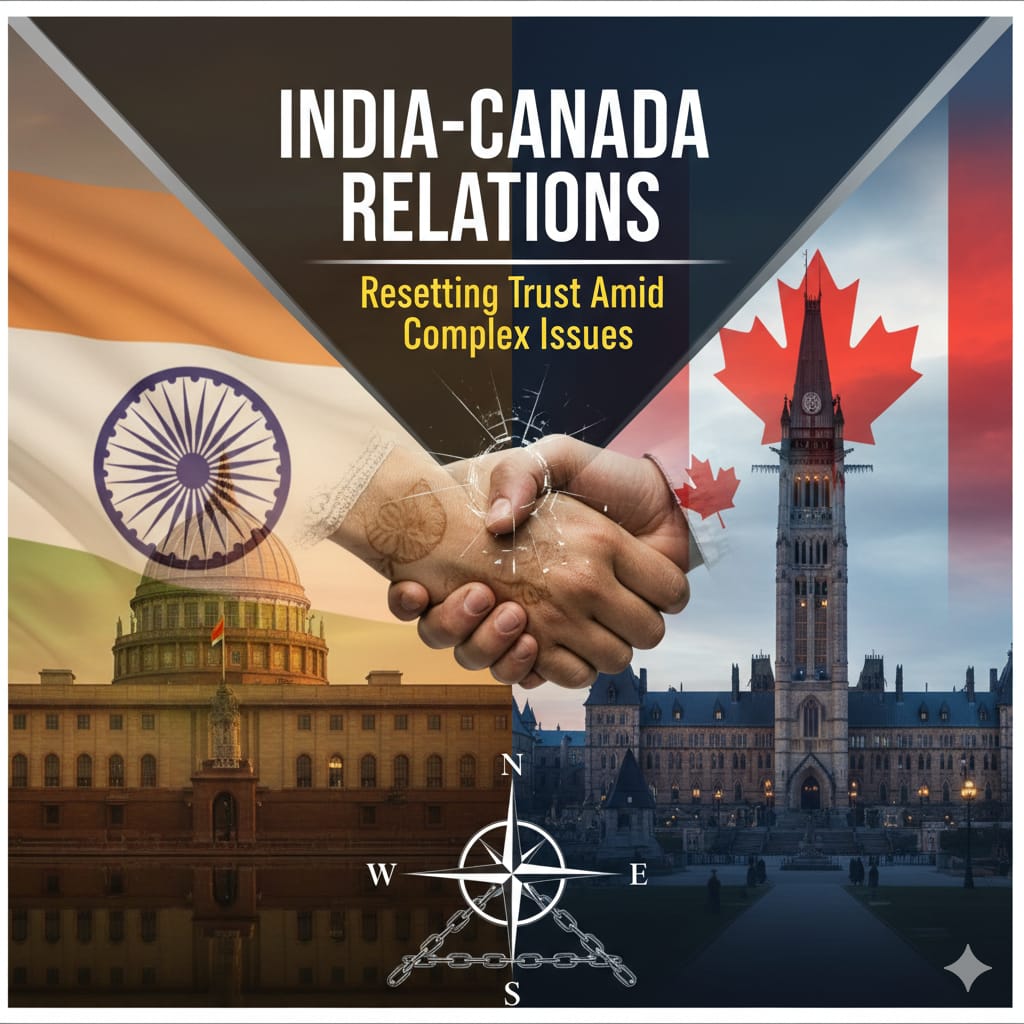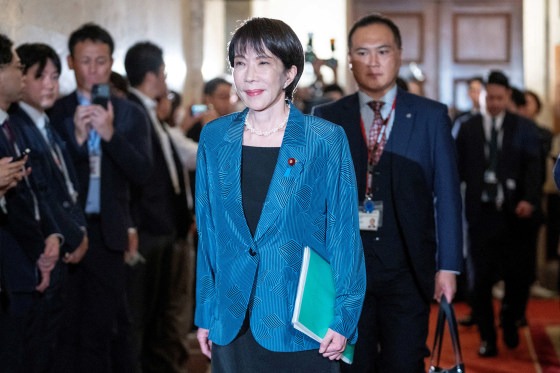
New Delhi: In a groundbreaking decision, the Supreme Court of India has reinforced the rights and welfare of senior citizens by empowering tribunals under the Maintenance and Welfare of Parents and Senior Citizens Act, 2007 to restore property to elderly parents if their children fail to fulfill caregiving obligations. This landmark judgment highlights the judiciary’s commitment to protecting the dignity and rights of senior citizens against emotional, physical, and financial neglect.
The apex court’s decision came in a case where a mother reclaimed her property after her son neglected her and her husband despite having received the property through a conditional gift deed. By annulling the deed and restoring the property to the mother, the Supreme Court underscored the critical role of Section 23 of the 2007 Act in safeguarding elderly citizens from exploitation.
Section 23: A Shield for Senior Citizens
A bench comprising Justices C.T. Ravikumar and Sanjay Karol clarified that Section 23 of the Act is pivotal in addressing breaches of caregiving conditions tied to property transfers. The court ruled that tribunals have the authority to annul property transfers, evict the transferee, and restore possession to the elderly if necessary.
The justices emphasized that Section 23 should be interpreted in alignment with the Act’s objectives: providing senior citizens with effective, accessible, and timely remedies to protect them from neglect and exploitation. The judgment stated:
“The Act is a beneficial piece of legislation aimed at securing the rights of senior citizens. It must be interpreted to advance the remedies provided under it.”
The Case That Triggered the Ruling
The case centered on a woman who, in 2019, transferred her property to her son through a gift deed. The deed included explicit conditions that the son would provide care for her and her husband. However, the son failed to honor these obligations, leading to significant neglect and strained relations.
The woman approached a tribunal, which annulled the gift deed, citing her son’s breach of conditions. This decision was upheld by a single-judge bench of the Madhya Pradesh High Court but overturned by a division bench in 2022. The division bench adopted a strict interpretation of the law, limiting the tribunal’s powers to merely annulling the deed.
The Supreme Court intervened, reversing the division bench’s decision. It reinstated the tribunal’s ruling, reaffirming that tribunals could go beyond nullifying gift deeds and order the restoration of property when necessary. The court directed that the property be restored to the mother by February 28, 2025, and instructed Madhya Pradesh authorities to ensure compliance.
Strengthening Legal Protections for the Elderly
The judgment emphasized that the Maintenance and Welfare of Parents and Senior Citizens Act, 2007 was enacted to address the growing issue of elder neglect in India. By interpreting Section 23 as a provision with wide-reaching powers, the Supreme Court has set a precedent that prioritizes the welfare and dignity of senior citizens.
Elderly individuals often transfer property to their children based on promises of care. When these promises are broken, they are left vulnerable, both financially and emotionally. The judgment ensures that such individuals have a robust legal framework to reclaim their rights and property.
Citing Relevant Precedents
In its decision, the Supreme Court referred to previous judgments that reinforce the constitutional obligation to protect senior citizens. For instance, the court cited Ashwani Kumar vs Union of India (2019), which highlighted the need for stringent measures to address the challenges faced by elderly citizens. It also referred to S. Vanitha vs Deputy Commissioner (2021), which emphasized the importance of interpreting the Act in a manner that upholds the rights of senior citizens in evolving societal contexts.
Implications for Society and Families
This judgment has far-reaching implications for families and society. It serves as a strong deterrent against the exploitation of senior citizens by their children or other transferees. It also underscores the importance of honoring familial responsibilities and highlights the legal consequences of neglecting elderly parents.
By granting tribunals the authority to order eviction and restoration of property, the Supreme Court has reinforced the idea that senior citizens’ rights are paramount. This approach not only safeguards their financial independence but also ensures their dignity in the face of neglect.
Conclusion
The Supreme Court’s landmark judgment empowering tribunals to restore property to abandoned parents marks a pivotal step in addressing the challenges faced by senior citizens in India. By interpreting the Maintenance and Welfare of Parents and Senior Citizens Act, 2007 as a tool for comprehensive protection, the judiciary has reaffirmed its commitment to upholding the dignity, rights, and welfare of the elderly.
This ruling not only strengthens the legal framework for elder care but also serves as a reminder of the ethical and moral responsibilities of families toward their aging members. It ensures that promises of care made during property transfers are not treated lightly, setting a robust precedent for the future.




.jpeg)





.jpeg)



.jpeg)



.jpeg)
.jpeg)
.jpeg)
